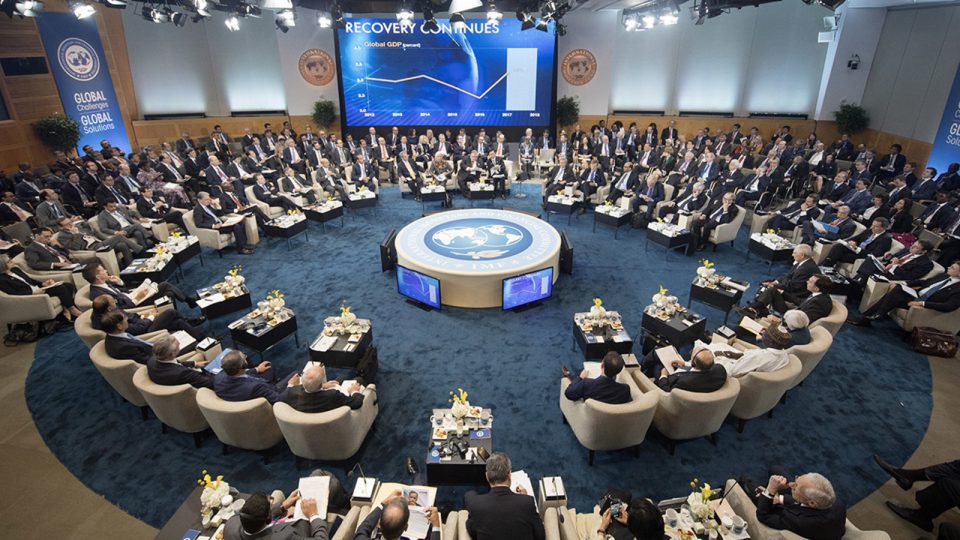BY DAYO ADESULU
The International Monetary Fund, IMF Executive Board has approved a US$ 43.4 million loan to Djibouti to support the authorities’ response to the COVID-19 crisis and debt relief under the CCRT
Djibouti is also expected to generate additional resources of US$ 2.3 million over the next five months, and potentially up to US$ 8.2 million over the next 23 months.
IMF support will provide additional resources for essential health and other emergency spending, including social safety nets.
It will also help catalyze additional donor support; The authorities are committed to use the additional IMF resources transparently and to ensure that expenditures are well-targeted and cost-effective.
The Executive Board of the International Monetary Fund (IMF) today approved a disbursement under the Rapid Credit Facility (RCF) equivalent to SDR 31.8 million (around US$ 43.4 million, 100 per cent of Djibouti’s quota) to help Djibouti meet the urgent balance of payment needs stemming from the COVID-19 pandemic.
It also approved grants under the IMF’s Catastrophe Containment and Relief Trust (CCRT) to cover Djibouti’s debt service falling due to the IMF from today to October 13, 2020, the equivalent of SDR 1.692 million or US$2.3 million.
Additional relief covering the period from October 14, 2020, to April 13, 2022, will be granted subject to the availability of resources in the CCRT, potentially bringing total relief on debt service to the equivalent of SDR 6.03 million; about US$8.2 million.
READ ALSO: ECOWAS Statistical Report On COVID-19
The COVID-19 pandemic is having a severe impact on Djibouti, creating an urgent balance of payments and fiscal financing needs
The COVID-19 pandemic has considerably weakened near-term macroeconomic prospects for Djibouti.
The country is facing a large negative external demand shock due to the global recession. Domestically, virus prevention and containment measures are further affecting demand and supply.
The output is projected to contract by 1 per cent in 2020 and lower exports of services and foreign direct investment have opened up an urgent balance of payments financing need of the order of US$ 164 million.
The pandemic has also created urgent spending needs, including in the health sector, and is set to affect negatively government revenue.
Following the Executive Board discussion. Mr Mitsuhiro Furusawa, Deputy Managing Director and Acting Chair, made the following statement:
“The COVID-19 pandemic is having a severe impact on Djibouti, creating an urgent balance of payments and fiscal financing needs.
The authorities acted swiftly to contain and mitigate the spread and impact of the virus. Their prevention and containment measures and decisions to scale up health and another emergency spending to protect households and firms hit by the crisis will help limit economic and social consequences.
“The crisis and policy response will lead to a widening of the fiscal deficit this year. The IMF’s emergency financing under the Rapid Credit Facility and debt service relief under the Catastrophe Containment and Relief Trust will provide much-needed liquidity to support the authorities’ response to the crisis and could catalyze further assistance from the international community, preferably in the form of grants.
”The authorities are committed to use the additional resources transparently and to ensure that expenditures are well-targeted and cost-effective.
“Once the crisis abates, temporary measures should be unwound, with policies refocusing on promoting a strong and inclusive recovery and preserving medium-term debt sustainability.
”It will be critical to address and prevent the recurrence of external arrears, ramp up operations of key projects, and reduce public sector borrowing.
Reducing tax expenditures will also be important to create space for poverty-reducing spending. Efforts to strengthen banks’ balance sheets, enhance the business environment, and improve the governance and efficiency of public enterprises will be essential to foster strong and inclusive growth.”


